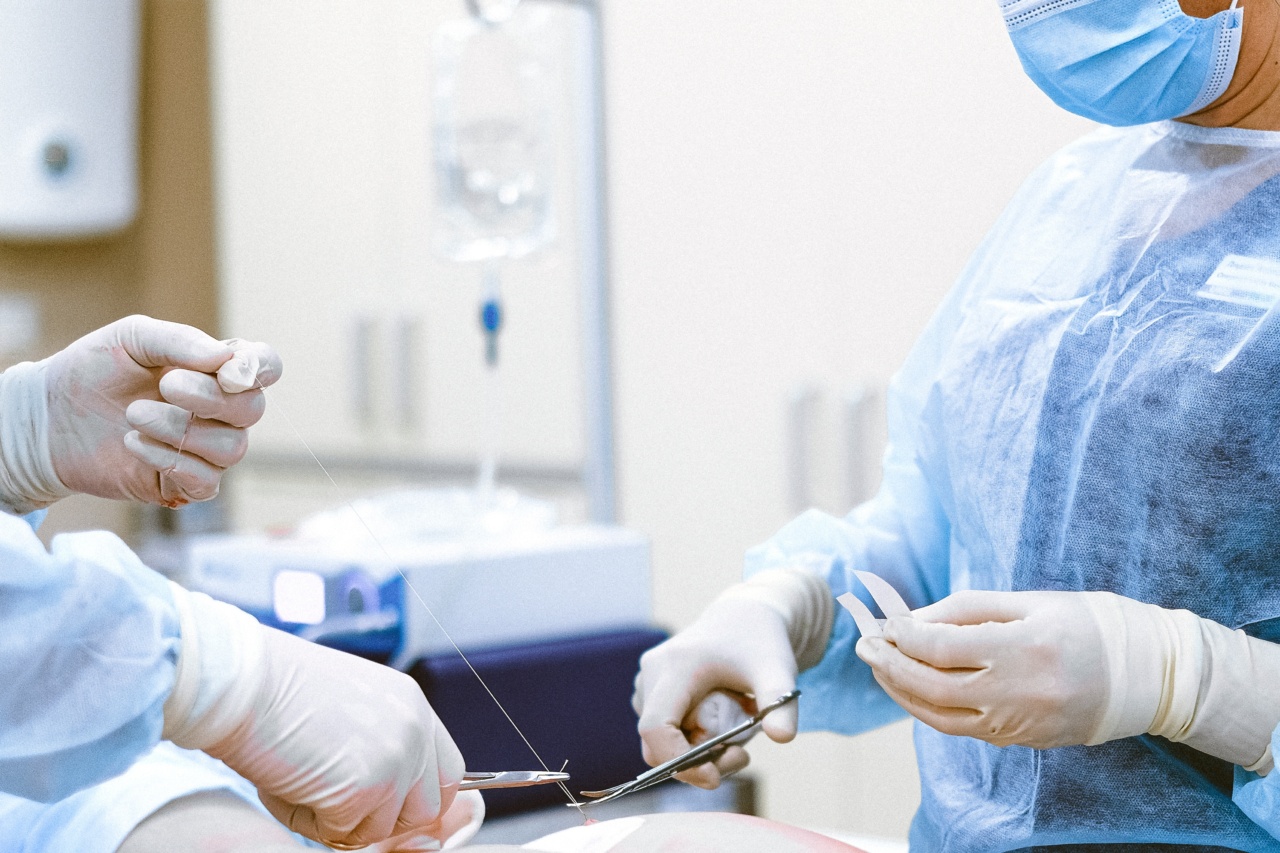Bariatric surgery, commonly known as weight loss surgery, has gained significant attention in recent years due to its effectiveness in combating obesity and related health issues.
Obesity has been identified as a major risk factor for several types of cancer, making bariatric surgery an intriguing prospect for cancer prevention. This article explores the impact of bariatric surgery on cancer prevention and the potential mechanisms behind it.
The Link Between Obesity and Cancer
Obesity has been identified as a significant risk factor for various types of cancer, including breast, colorectal, esophageal, ovarian, pancreatic, and renal cancer.
The excess accumulation of fat in the body leads to chronic low-grade inflammation and hormonal imbalances, creating an environment that promotes the development and progression of cancer cells.
Bariatric Surgery and Weight Loss
Bariatric surgery is a surgical intervention that aims to achieve weight loss by restricting food intake, altering the digestive system’s anatomy, or both.
Procedures such as gastric bypass, sleeve gastrectomy, and adjustable gastric banding have proven to be highly effective in inducing significant and sustained weight loss in individuals with morbid obesity.
The Impact of Bariatric Surgery on Cancer Incidence
Studies have found that bariatric surgery not only leads to substantial weight loss but also reduces the risk of developing obesity-related cancers.
Research conducted on large cohorts of bariatric surgery patients has shown a decrease in the incidence of various types of cancer following surgery.
Mechanisms Behind the Cancer-Preventive Effects
The cancer-preventive effects of bariatric surgery can be attributed to several mechanisms:.
1. Decreased Insulin Resistance: Bariatric surgery improves insulin sensitivity, which plays a crucial role in regulating blood sugar levels.
Decreased insulin resistance leads to reduced insulin and insulin-like growth factor (IGF) signaling, thereby inhibiting cancer cell growth.
2. Reduction in Chronic Inflammation: Obesity is associated with chronic low-grade inflammation, characterized by elevated levels of pro-inflammatory cytokines.
Bariatric surgery reduces inflammation markers, creating an environment less conducive to cancer development.
3. Altered Gut Microbiota: Bariatric surgery significantly impacts the composition of the gut microbiota, promoting the growth of beneficial bacteria and reducing harmful bacteria.
Changes in gut microbiota have been shown to influence cancer development and progression.
4. Hormonal Changes: Bariatric surgery leads to alterations in hormonal balance, including a decrease in estrogen levels in postmenopausal women.
Lower estrogen levels are associated with a reduced risk of breast and other hormone-related cancers.
Considerations and Future Directions
Although bariatric surgery shows promise as an effective measure for cancer prevention, it is essential to consider certain factors:.
1. Patient Selection: Not all obese individuals may be suitable candidates for bariatric surgery. Medical evaluation and selection criteria should be established to identify those who are most likely to benefit from the procedure.
2. Multidisciplinary Approach: Cancer prevention requires a comprehensive approach involving collaboration between bariatric surgeons, oncologists, and other healthcare professionals.
Regular follow-ups and monitoring are necessary to ensure optimal outcomes.
3. Long-Term Effects: Further studies are needed to investigate the long-term effects of bariatric surgery on cancer prevention.
Monitoring patients over extended periods will provide valuable insights into the sustainability of the surgery’s protective effects.
Conclusion
Bariatric surgery has emerged as a valuable tool not only for weight loss but also in the prevention of several obesity-related cancers.
The surgery’s impact on decreasing insulin resistance, reducing chronic inflammation, altering gut microbiota, and hormonal changes contributes to its cancer-preventive effects. While bariatric surgery offers promising results, ongoing research and multidisciplinary collaboration are crucial for maximizing its potential in cancer prevention.


























